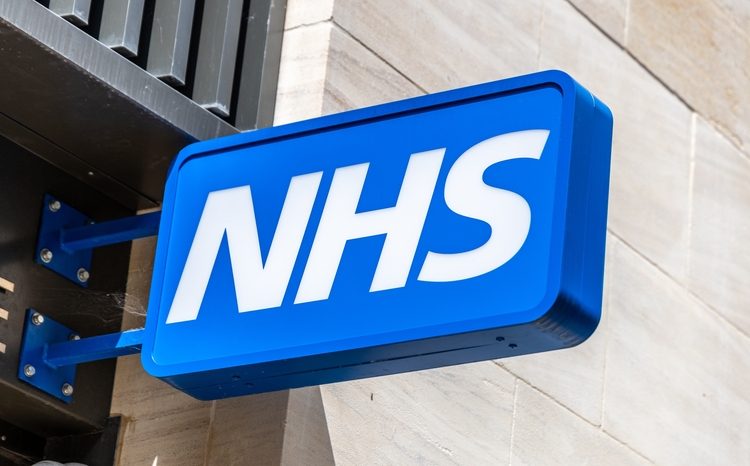Gates Says NHS Must Deliver in Digital Age
- 12 December 2001
It’s not every day that you get to see the richest man in the world, and the gawp factor must have accounted for a good number of the 150-odd NHS chief executives and directors that attended last week’s Microsoft-sponsored Department of Health IT conference.
But the man from Redmond offered them little in way of specific prescriptions for the NHS to sort out its IT woes. Instead his message was that Microsoft believes information technology has great potential to help deliver major productivity gains in healthcare.
"The scale of what you are doing is quite immense, but that’s an indication of the scale of the opportunity," the Microsoft chairman told the audience.
He stressed how important Microsoft saw its relationship with the NHS – now its fifth largest customer globally. "We’ve very interested to work with you and realise these opportunities".
The key concept that has driven Microsoft, and should guide healthcare organisations was empowerment of individuals and teams through information. "It all got started with the idea of empowering individuals with information," explained Gates.
The development of the Internet, common standards and vastly reduced processing and storage costs provided new opportunities to address rising healthcare costs and re-engineer business processes.
"I’m a great believer in digitisation," said Gates, who noted his was an optimistic message about the potential of technology.
He said that simple websites and Internet technologies offered a very effective way to share information within an organisation.
"While paper is static, electronic communications are dynamic," he noted, pointing out that IT provides tools to carry out repetitive, time consuming tasks, enabling staff to focus on value added activities.
But the biggest change taking place he argued was around interoperability and linking different systems together, and the key technology driving this change is XML (extensible mark-up language).
“It means that if I show up at a location the appropriate part of my record can be accessed,” said Gates. "It could lead to the elimination of paper records".
XML forms the heart of Microsoft’s .Net strategy and future vision of IT. "Microsoft has staked the company on this," Gates told the audience.
As demonstration of the possible, Gates showed the audience a .Net video that envisaged what a joined up digital US healthcare system of the future might look like; one in which different clinicians can instantly access a patient’s electronic records over wireless devices, share information and work collaboratively, while still placing the patient in control of their healthcare.
The Microsoft chairman added that wireless computing devices would prove "revolutionary" in health, and showed a prototype Tablet PC, predicting they would become commonplace within two years.
“Wireless, I think over time, you will want to have in your facilities,” he told the audience. "Mobility is very important for medical applications".
A piece of future gazing that immediately tickled the NHS audience was the idea of being able to record 360 degree views of meetings, accessible over a network, enabling people to virtually attend meetings they had missed.
"In a sense, there is no need to go to a real meeting," said Gates. The possibility of cutting endless rounds of meetings clearly appealed to the chuckling NHS executives.
In the Q&A session that followed his presentation Gates said that there was a need for some key systems and standards the NHS needed to do nationally: "Some things like software standards, data formats and data mining need to be done nationally".
However, he added that while a common core infrastructure is needed, it was also important to also encourage and spread local innovation, encourage experimentation and identify and spread best practice.




